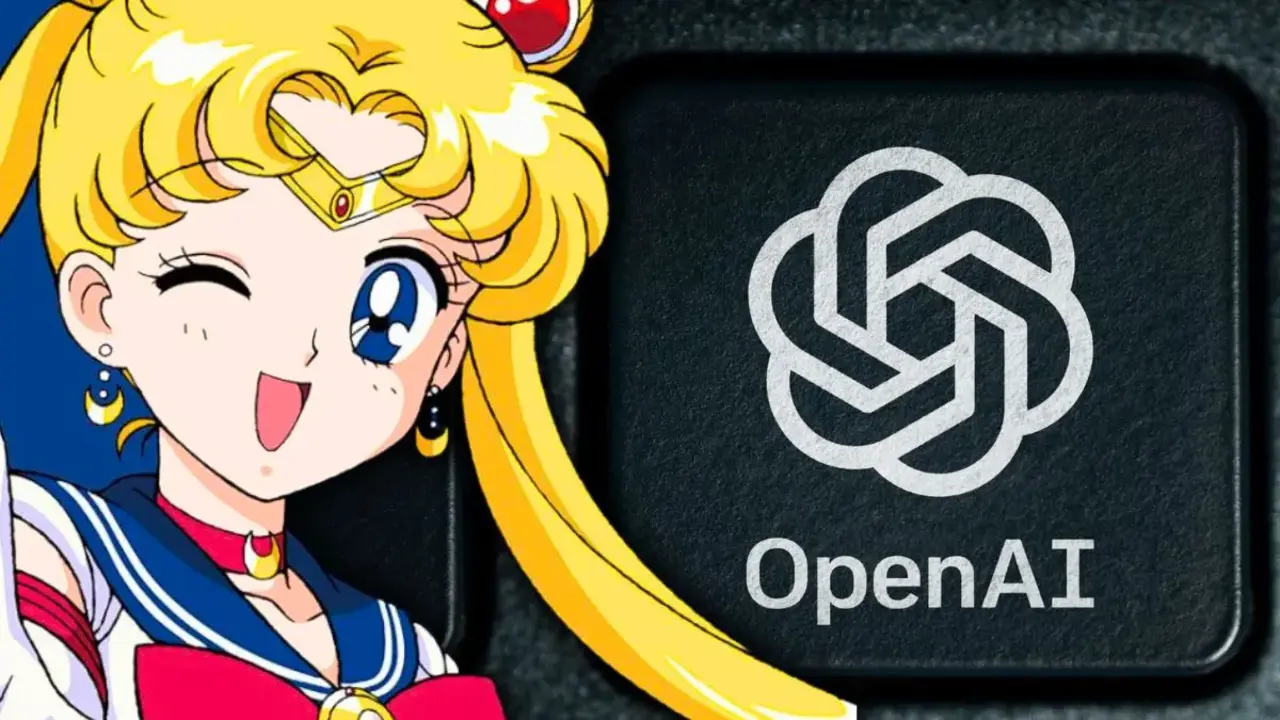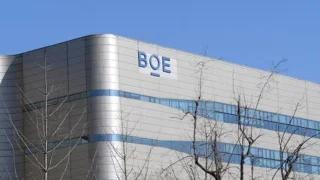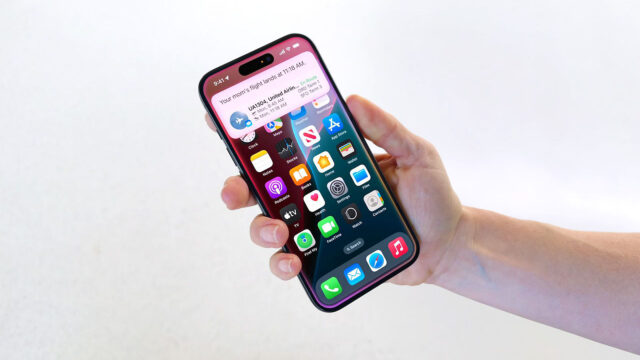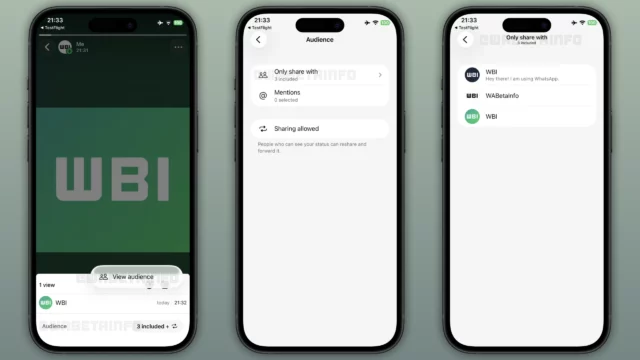OpenAI’s new image and video generation models have sparked a serious copyright crisis in Japan due to the unauthorized reproduction of popular anime and manga. The Japanese government has announced that it is preparing to take legal action for intellectual property infringement and has officially warned the company.
Is OpenAI violating copyrights?
The controversy began with the GPT-4o Image Generation model, introduced about seven months ago and integrated directly into ChatGPT. Offering higher resolution and precision than previous versions, this tool allowed users to create animations in the style of Studio Ghibli.
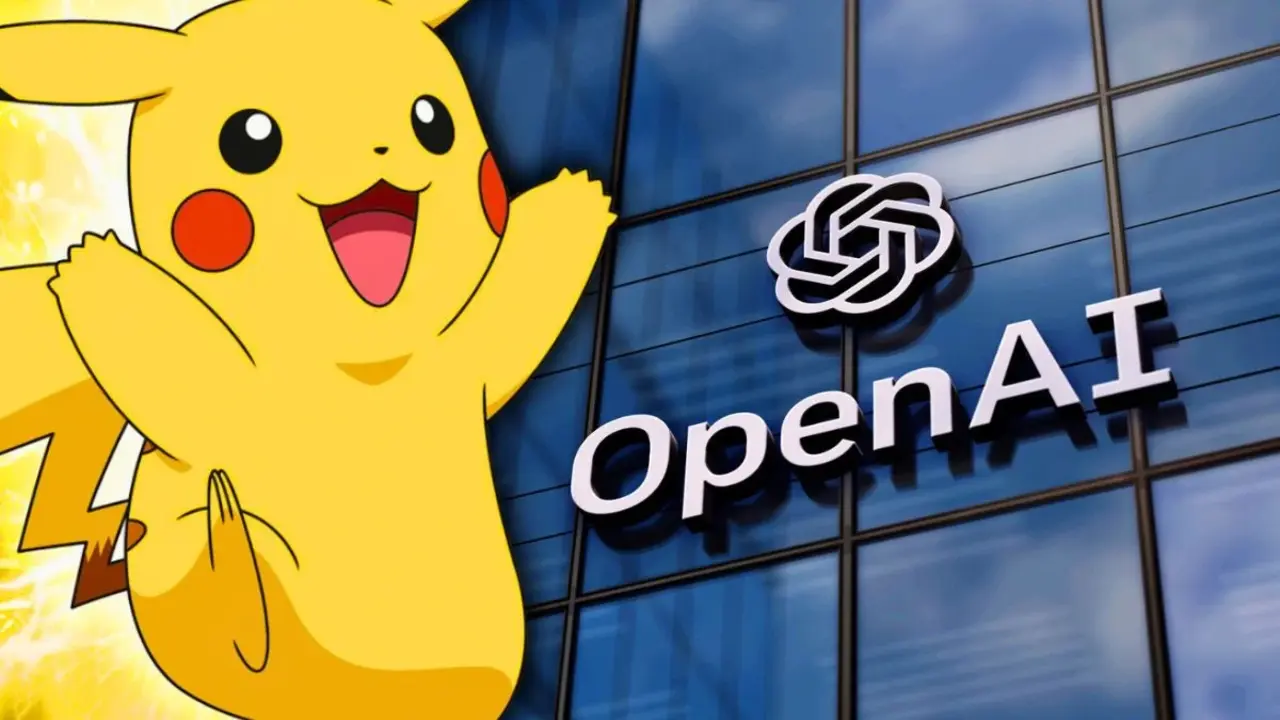
Users have created images that replicate the signature drawing styles of films like “My Neighbor Totoro” and “Spirited Away.” This has raised concerns in Japan’s intellectual property community.
Following these controversies, OpenAI announced its new video generation model, Sora 2, earlier this month. Sora 2 creates highly realistic videos with audio and up to 20 seconds of 1080p resolution. Many of the videos shared online feature Japanese cultural icons such as Pokemon, Mario, One Piece, and Demon Slayer.
Following these developments, the Japanese government took direct action. Minoru Kiuchi, Japan’s Minister of Intellectual Property and Artificial Intelligence Strategy, announced at a press conference last Friday that he had sent an official online warning to OpenAI. Japan demanded that OpenAI refrain from infringing on the intellectual property of manga and anime, which it considers “irreplaceable cultural treasures” of the country.
Akihisa Shiozaki, Deputy Secretary-General of the ruling LDP party, stated that if OpenAI fails to take the necessary measures, they may invoke Article 16 of the Artificial Intelligence Promotion Law. This article covers the investigation and prosecution of copyright violations.
In a post on the social media platform X, Shiozaki also stated that the government may demand clarification regarding Sora 2’s underlying algorithmic structure, filtering mechanisms, and content deletion policies.
Shiozaki also alleged that Sora 2 applied double standards regarding copyright. He stated that in its tests, the model easily generated Japanese anime characters, but refused to generate characters like Mickey Mouse or Superman, which belonged to US-based entertainment giants. Shiozaki described this as “a clear imbalance and a serious copyright issue.”


